The RIPE NCC is liveblogging the European Dialogue on Internet Governance (EuroDIG) across 6-7 June. Check back for updates to this page!
Check out the full EuroDIG 2017 programme, including remote participation
7 June 2017, 15:00 UTC
(This Is Not) The End
After two intense days of discussions, both in session and in the corridors and bars of Tallinn, EuroDIG 2017 is coming to a close, but not without a final, challenging plenary session. Looking at the significance of international trade deals for Internet governance, questions about how Internet governance stakeholders can get involved in trade negotiations, and whether forums such as the World Trade Organization would be open to more multistakeholder processes prompted a wide-ranging, but far from conclusive discussion.
In the closing session, youth participants from the three-day pre-events also presented some of the messages that they had developed on issues including copyright (a call for the European Union to lead the charge on copyright reform), hate-speech concerns, and cybersecurity. This final reminder of EuroDIG’s strong and innovative support for youth participation was very welcome.
With that, we’ll also wrap this liveblog with some initial thoughts on the overall themes and messages… After 10 years of evolution, EuroDIG continues to provide an excellent venue for wide-ranging Internet governance discussion, and it’s more clear than ever that the challenge of Internet governance is that it intersects with such a wide range of policymaking areas, from technical to industrial to social policy. The expansion of Internet into all aspects of our societies has created a complex, interwoven web of intersecting processes and priorities, and keeping all stakeholders happy is probably unrealistic - how and where do we discuss the trade-offs and negotiate the necessary compromises?
For the RIPE NCC, our specific challenge is how to bridge the gap between these discussions and the RIPE community. Our input to the opening plenary is particularly relevant here - EuroDIG and these kinds of events are where conversations might start, but there need to be strategies for taking those discussions to the venues where policy is actually decided.
Next year’s EuroDIG will be held in Tbilisi, Georgia, but before that, the 12th global Internet Governance Forum will take place from 18-21 December in Geneva. We hope you’ve enjoyed this blog, and welcome any suggestions on how we can improve this kind of reporting!
- Chris, Gergana, Marco, Suzanne
7 June 2017, 14:15 UTC
Under The Hood - The EuroDIG Support Association
Putting together an annual event like EuroDIG takes a lot of work - the EuroDIG Secretariat has been doing this now for 10 events, working with different host organisations each year and supported, since 2011, by the EuroDIG Support Association. This group is made up of a group of early supporters and organisers, including several RIPE NCC staff members, and is responsible for ensuring the accountability of the EuroDIG Secretariat and taking decisions regarding the overall direction.
The EuroDIG Support Association held its General Assembly over lunch on Day 2, with a number of outcomes. The current Board, which was installed in an “interim” capacity at least year’s event (while the Statutes and Rules of Operation were being developed), was installed without objection for the coming three-year term. Various documents (including the Rules of Operation and financial report) were also endorsed by the membership, and processes for adding new members of the Association were discussed and settled.
If you’re interested in learning more about how these structures work for EuroDIG, the EuroDIG Support Association Statutes are a useful place to start.
- Chris
7 June 2017, 13:40 UTC
Sustainability, ICT and Internet Governance
Will people ever be shamed for using the Internet too much, the way some of us now look down on leaving the lights on when we’re not home?
Who will be responsible for “self-harvesting” devices that obtain their own energy from their immediate environments if they can continue running for 50 years without any human intervention?
And can renewable energy truly solve the potential future energy crisis when it comes to a resource like the Internet, which is so globally distributed that it’s difficult to manage energy use from data creation to its ultimate destination?
These were some of the questions asked during the session on sustainability, which aimed to bring issues of ICT sustainability, green IT and the circular economy into the Internet governance sphere. Mike Hazas of Lancaster University kicked off the discussion with a data-filled presentation on energy use in ICT that showed, for example, how UK users spend twice as much time online than they did just 10 years ago, and how energy use is growing exponentially in fixed wired access, WiFi use, data centres and production.
So, when we discuss growth and access in Internet governance terms, why isn’t sustainability a part of that dialogue? And how do we make sure it is in the future?
- Suzanne
7 June 2017, 12:40 UTC
Stress Testing the Multistakeholder Model in Cybersecurity
The session kicked off with a debate on who should be responsible for cybersecurity. Should manufacturers ensure that their devices cannot be recruited in botnets? There is a misalignment of incentives since a manufacturer does not suffer any direct financial consequences if their device is compromised. So is it up to the government then? While noone is denying the duty of governments and law enforcement to protect the public and critical infrastructure, the experience from recent cyberattacks saw multiple parties taking part in a global solution rather than one led by governments. A collaborative approach is vital.
Unsurprisingly the issue of encryption was discussed at length. A panelist questioned whether law enforcement should be provided with backdoors to access data online. What makes online data different than offline data, or data that the user encodes themselves?
The panel agreed that the mutistakeholder model has an important role in policy discussion, on agreeing what is right and wrong. However it is not the only solution when it comes to operational matters. In sum, while cybersecurity is not a multistkeholder discussion, it should be informed by multistakeholder discussion.
- Gergana
7 June 2017, 10:30 UTC
The newly proposed European copyright reform poses serious and complex questions. In a room bursting at the seams, it's clear that many people are concerned about the way it might change the digital future and the way it would affect our fundamental rights. The proposal turns hosting service providers into content publishers, changing the dynamics of online transactions, bringing legal liabilities to the host and imposing a content filtering obligation. It brings into question the E-Commerce Directive (adopted in 2000), which boosted the development of businesses online (for example, by providing limitations of liability of intermediaries).
It was encouraging to see so many young people deeply passionate about the issue. In fact, more than 20 EuroDIG Copyfighters wrote a position paper outlining their concerns and calling for the harmonisation of national copyright frameworks, banning geoblocking in the EU, allowing fair use exceptions, expanding the public domain, opposing filtering, and opposing ancillary rights for publishers.
- Gergana
7 June 2017, 9:30 UTC
Criminal Justice on the Internet
We all know that cybercrime takes place online, but what about more “traditional” crimes like murder, assault and theft? According to the panel on criminal justice on the Internet, every single crime committed has some sort of online connection – which is why it’s more imperative than ever to make it faster and easier to track down criminals using online tools.
Right now, it takes on average 10 months to fulfil requests for online evidence, such as tracking the use of a particular IP address, which is complicated by the use of (non-standardised) Carrier-grade NAT and other technological obstacles.
In addition, law enforcement agencies face challenges about how best to work together across traditional jurisdictions when it comes to defending criminal justice on the Internet.
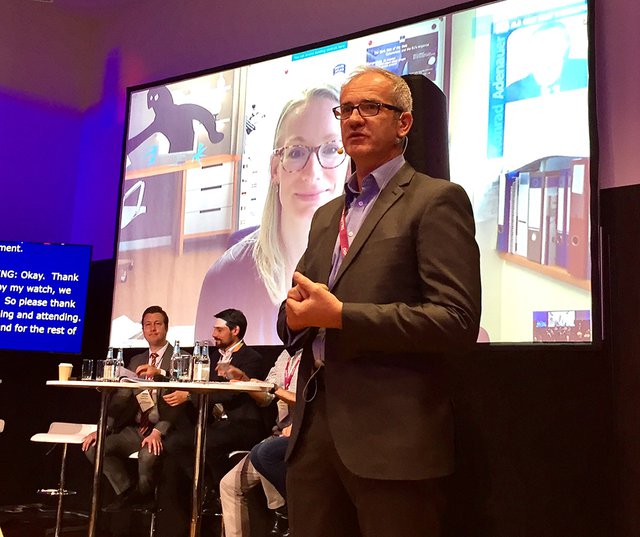
The RIPE NCC's Richard Leaning moderated the panel discussion
The discussion focused largely on the lack of incentives for ISPs and enterprises to deploy IPv6 and what could possibly be done to urge decision makers to make the switch, with many upholding Belgium’s regulation on limiting the number of users that can be assigned to a single IPv4 address as an example of a potential solution.
- Suzanne
7 June 2017, 8:15 UTC
Behind the Scenes: Building and Maintaining the (Human) Network
Of course, a lot of time and energy is spend on organising, attending and participating in the workshops and plenary sessions that form the EuroDIG programme. But just as with all the other conferences we attend, an equally important aspect is all the time spend in the hallways during the breaks and the dinners afterwards.
Often there is just not enough time in the plenary room to have a full dialogue on a particular topic, and being able to sit down afterwards and continue the discussion to more fully flesh out ideas and learn more details is really important, especially for an event like EuroDIG that brings together people from all over Europe with very different professional backgrounds.
And in many of these cases, what happens in Tallinn should not stay in Tallinn. IPv6, fragmentation and the IoT: ideas for papers are born, the agenda for another meeting slowly comes together, and we might quite possibly already have some ideas for topics to address at next year's EuroDIG event, which will be held in Georgia.
- Marco
7 June 2017, 7:30 UTC
How the Digital Revolution Changes Our Work Life
This morning we were treated to some inspiring keynote speeches addressing issues from the digital divide, to our political readiness to meet the needs and reap the benefits of 21st century technology, to the importance of the multistakeholder model.
A panel continued the discussion on how the digital revolution changes the way we work. Automation is no longer just for dull, repetitive functions, but also for cognitive tasks. Will people lose their jobs? How will the world adapt? Annette Mühlberg spoke of the importance of having "good work by design".
Education needs to adapt as well. We're still teaching the skills relevant for today's jobs, but those might not be relevant for the jobs of the future.
A fascinating suggestion by Karoli Hindriks: Are countries becoming service providers? When every seventh person on Earth is a migrant, people now move to the country where the user experience is best. How will countries adapt to this new situation?
- Gergana
7 June 2017, 6:30 UTC
Day 2 Opening
And we’re back for Day 2, opening with keynote speeches from the European Commission and the Internet Society on the future of the Internet.
Today’s agenda includes sessions on cybercrime (including discussion of carrier-grade NAT usage), e-waste and sustainability, multistakeholder approaches to cybersecurity, and the impact of international trade agreements on the Internet.
- Chris
Celebrating 10 Years of EuroDIG
Kultuurikatel, known as the Tallinn Creative Hub, defines itself as “a medium between international culture, creative industry and private sector”. What a fitting place to celebrate EuroDIG’s 10th anniversary! EuroDIG Secretary General Sandra Hoferichter reflected on the long but rewarding journey of turning EuroDIG into the successful platform it is today and invited past hosts onto the stage to thank them for their involvement.
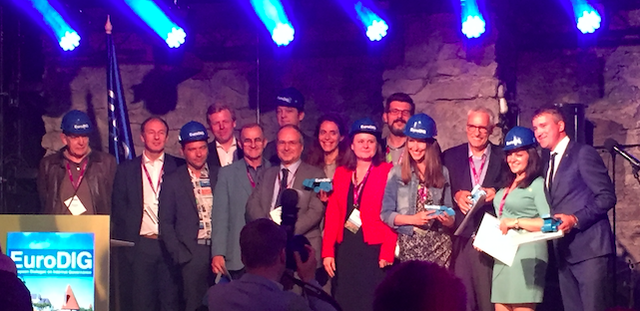
- Gergana
6 June 2017, 16:00 UTC
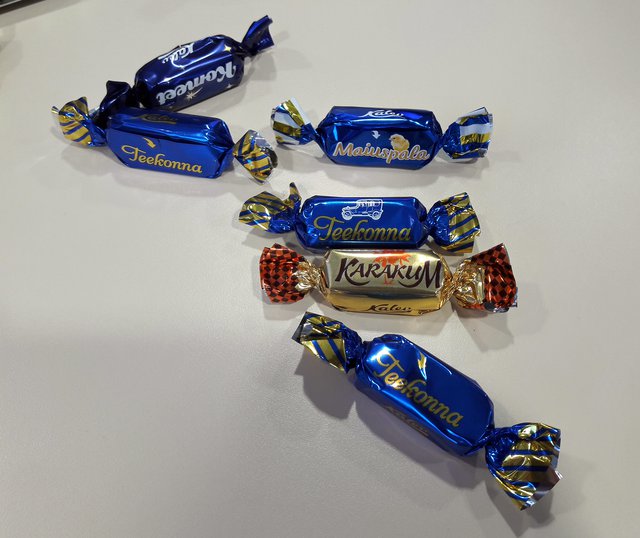
What does chocolate have to do blockchain? A hands-on demonstration of how blockchain works (in the context of
a cryptocurrency like Bitcoin) had participants acting as traders and miners who had to solve hashes in order to trade and earn “YummyCoins” in the form of Estonian chocolate.
The session then led to a discussion on blockchain use cases (including some lesser known examples, such as instant travel insurance payments for cancelled flights), the need for and possible mechanisms of regulation, and the evolution of blockchain into a potentially disruptive technology that is garnering more and more attention from the likes of governments and financial institutions.
- Suzanne
6 June 2017, 14:05 UTC
Address from Norwegian Prime Minister
This is the third time we're hearing a world leader address matters of Internet governance today. Norwegian Prime Minister Erna Solberg began by declaring that, “The Internet is probably the most important infrastructure in the world today”.
She went on to state that innovation goes hand-in-hand with threats, saying that no single country alone can address the threats and that we must strike the right balance between “what we can do and what we should do”.
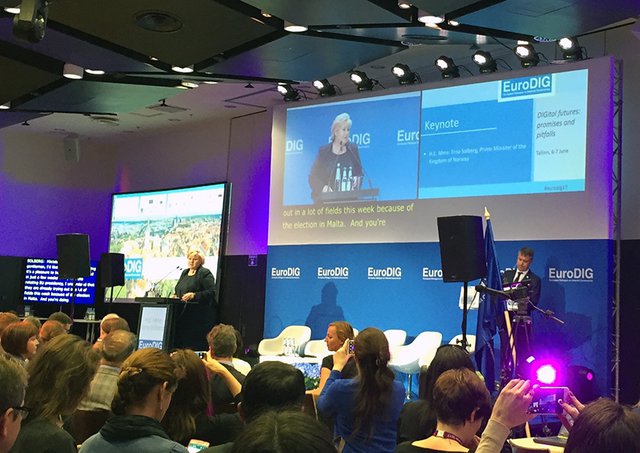
Solberg emphasised Norway’s belief that openness, responsibility, transparency, representativeness and impartiality are the key components of the multistakeholder model of Internet governance, which should involve as few regulations as possible. Taken together, she said, these principles will lead to more equality, development and fewer monopolies across society.
In terms of digital opportunity, the Prime Minister highlighted a Nordic-Baltic cooperation that is focusing on topics including green innovation, 5G technology, smart cities and the single digital market.
- Suzanne
6 June 2017, 12:55 UTC
Openness. Innovation. Disruption. At an interactive session EuroDIG audience discussed how the Internet overhauls traditional business models and creates new ones. Established players such as Skype, Spotify, Facebook, Ebay, Alibaba are making space for new technologies: blockchain, artificial intelligence, wearables, quantum computing, voice/face recognition and so on.
Permissionless innovation allowed the Internet to blossom. However, majority of Internet use today happens though mobile apps, subject to the terms and conditions of the app store, which can act as a gatekeeper.
Getting it right with new technology is trickier than it sounds. Audience members gave examples of companies using customer data without permission or putting the burden on the customer to opt out (instead of opt in). While these companies may have gained useful information and profits, they also lost customer trust and suffered reputation damage as a result.
The audience pondered over many questions. What makes countries such as Estonia so innovative? Why are there so few “unicorns” (privately held high-value tech companies) in Europe? Some suggested answers: the regulatory environment, investment, education, scale and network effects.
- Gergana
6 June 2017, 9:45 UTC
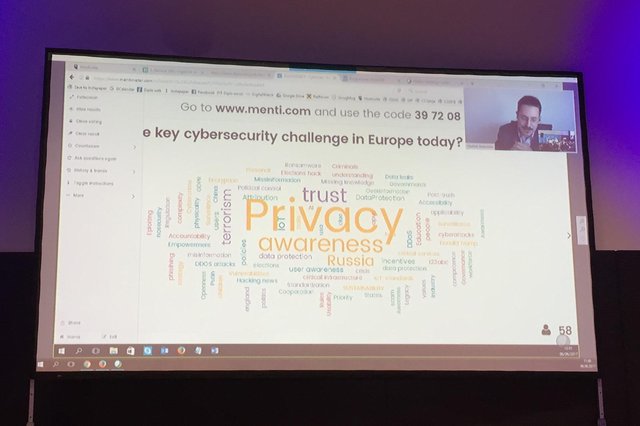
Innovations in audience participation: one of the first workshop sessions on cybersecurity drew out audience responses to some provocative questions via the menti.com live polling platform. Who should protect cyberspace? (The technical community edging out government, industry and users according to the 82 respondents). What are the key cybersecurity challenges? (Privacy, awareness and trust leading the way).
Everyone trying to avoid the dreaded “multistakeholder” word, but the question of how different sectors can practically work together (and what roles and responsibilities each group should have and be held to) was a central focus of the discussion.
(Note that transcripts and videos of these sessions will be posted after the event - or join the live remote participation)
- Chris
6 June 2017, 8:45 UTC
An open mic session allowed participants to voice their particular concerns and raise awareness about the issues most important to them in order to help shape the dialogue over the coming two days.
Sustainability was a topic raised by more than one speaker, including the importance of creating good Internet governance globally and not just focusing on regionally-inspired policies that exclude developing countries.
Many speakers highlighted the Internet’s role in fostering a more open, fair and tolerant society, with Nigel Hickson summarising the sentiment: “I hope this EuroDIG does one thing: to extol the Internet, the freedom and ambition and creativity of the Internet”.
Lousewies van der Laan of the ICANN Board urged the importance of proving the effectiveness of the multistakeholder model of Internet governance because of the “urgent and serious threats” to the model posed by governments and other actors who would like to seize more control.
And several speakers from the business community also highlighted that sector's support for multistakeholder processes, while emphasising that the business sector has its own primary concerns, including issues of liability and security.
- Suzanne
6 June 2017, 7:45 UTC
#wannacry #LondonAttacks #Qatarcrisis #covfefe … it’s not often that an Internet governance discussion feels as timely and relevant as it does this week in Tallinn, Estonia, where the European Dialogue on Internet Governance (EuroDIG) is holding its 10th annual meeting.
With around 600 people in the room, the first of two days of discussions kicked off this morning with strong, frank speeches by two heads of state - President of Estonia, Kersti Kaljulaid, and President of Lithuania, Dalia Grybauskaitė. Estonia’s full-scale adoption of e-government (also discussed in greater detail by Siim Sikkut, Chief Information Officer of Estonia) combined with a strong regional awareness of the threats posed by cybersecurity issues highlighted both the positive and negative side of Internet governance discussions, which will be explored in greater depth in later workshop-format sessions (you can also follow and participate in these sessions remotely)
The RIPE NCC is here with a small crew and will be live blogging and tweeting (#eurodig17) throughout the event. If you’re here in Tallinn and would like to discuss RIPE NCC-related issues, feel free to reach out to meet up!
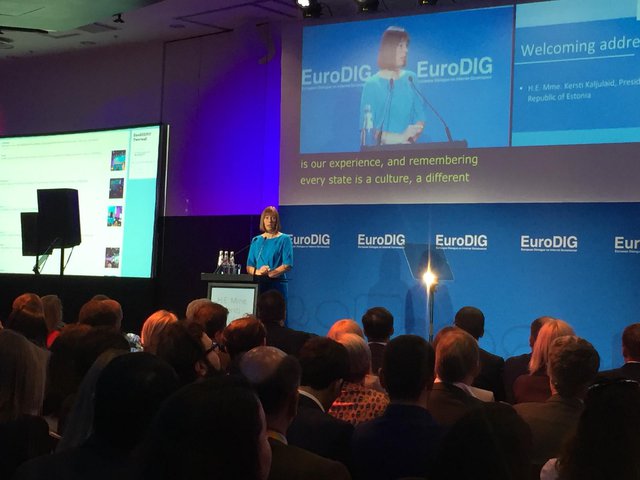
Estonian president Kersti Kaljulaid
- Chris

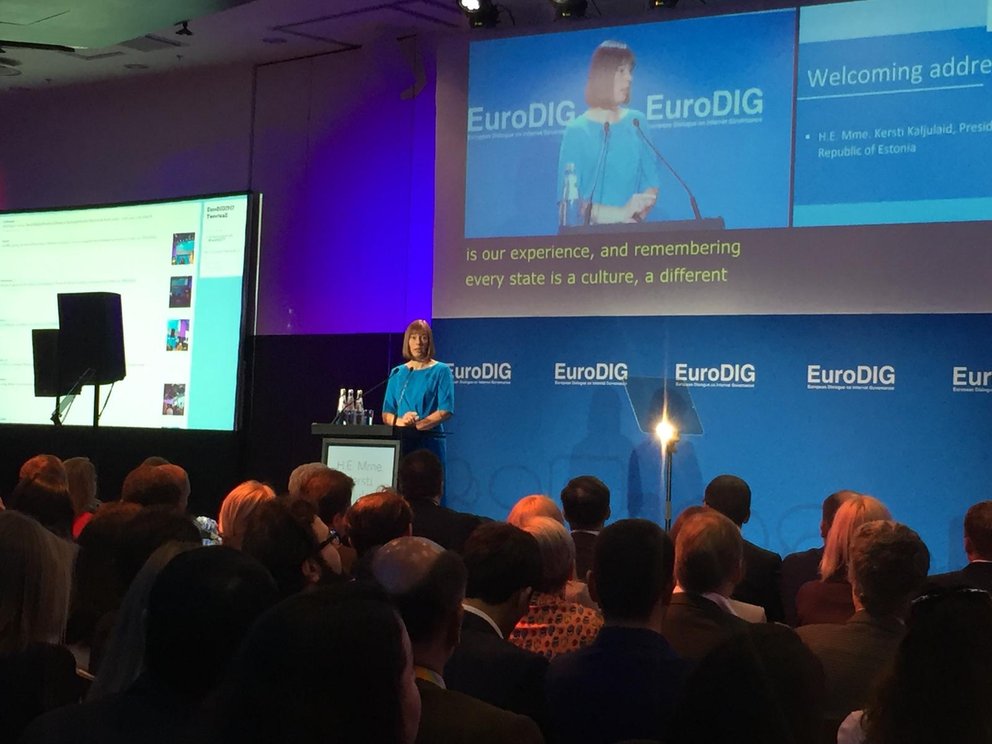
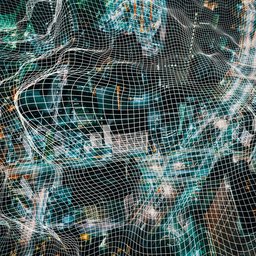
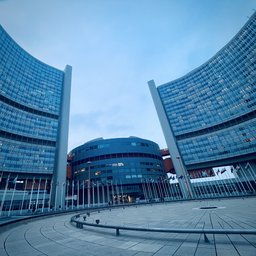

Comments 4
The comments section is closed for articles published more than a year ago. If you'd like to inform us of any issues, please contact us.
Gordon •
Suzanne, We had IPv6 mints in Budapest. May we hope for blockchain chocolates at a future RIPE meeting? :--)
Suzanne Taylor •
You'll have to come to RIPE 75 to find out ;)
Gordon •
Thanks to the NCC team. Not quite as good as being there. But very, very useful. Now to pick the topics that would be useful to bring back to RIPE? :-)
Michael Oghia •
Thank you all so much for covering this, especially you Suzanne for spotlighting the session on sustainability :)